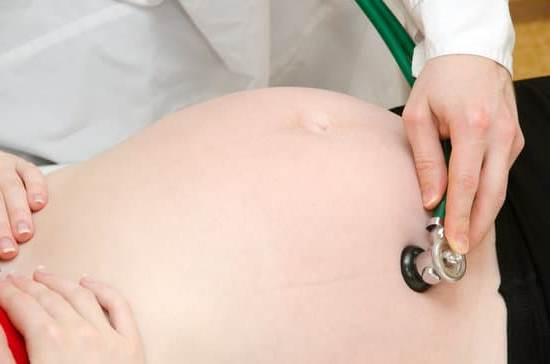What Happens if Estrogen Levels are Low During Pregnancy?
When a woman is pregnant, her estrogen levels increase dramatically in order to prepare her body for childbirth. Estrogen is a hormone that helps regulate important functions in the body, including sexual development and reproduction, muscle growth and development, and metabolic processes. During this time of rapidly changing estrogen levels, it’s important to maintain an appropriate equilibrium in order to ensure a smooth and successful pregnancy.
What Happens if Estrogen Levels are Low?
If a woman’s estrogen levels drop below normal during this crucial period of development, it can present a variety of risks to her and her baby’s health. The risks associated with low estrogen levels during pregnancy include:
- Increased risk of preterm labor and birth
- Reduced fetal growth and development
- Complications with placenta attachment and function
- Miscarriage
- Stillbirth
This is why it’s so important for women to have their hormone levels monitored throughout pregnancy. Keeping an eye on estrogen levels helps doctors to identify any issues early and take action to protect mother and baby.
How to Increase Estrogen Levels During Pregnancy
If your estrogen levels are low in pregnancy, there are some things you can do to increase them. These include:
- Avoiding stress and getting plenty of rest
- Eating a balanced, healthy diet
- Taking a prenatal vitamin that includes folate
- Exercising regularly
- Managing any underlying medical conditions such as diabetes
The best way to increase estrogen levels is to consult your doctor and look for a tailored treatment plan. In some cases, medications may be prescribed to increase estrogen or address any underlying conditions that could be causing low estrogen levels.
When to See a Doctor
If you are pregnant and see any signs of low estrogen levels, it’s important to talk to your doctor or midwife as soon as possible. Symptoms to watch for include:
- Abdominal pain
- Vaginal bleeding
- Severe headaches
- Nausea
- Tiredness
Your doctor will be able to assess your hormone levels and recommend any necessary treatments to ensure a successful, healthy pregnancy.
Conclusion
Estrogen levels are crucial to a successful pregnancy and must be kept in balance in order to protect mother and baby. Low estrogen levels can raise the risk of preterm birth, miscarriage, and other pregnancy-related complications. If you’re pregnant and think your estrogen levels may be low, speak to your doctor or midwife as soon as possible in order to start the relevant treatments.

Welcome to my fertility blog. This is a space where I will be sharing my experiences as I navigate through the world of fertility treatments, as well as provide information and resources about fertility and pregnancy.





